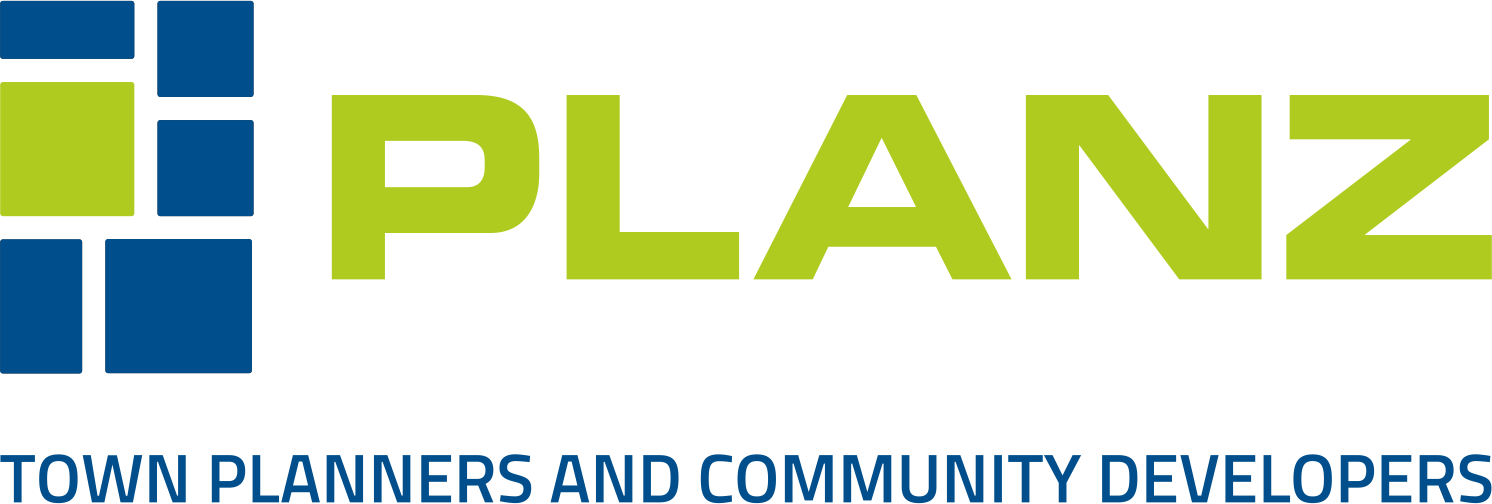Yarrabah Council unveils electronic transport plan
A FAR Northern community is aiming to become the first Indigenous local government to roll out a network of electronic transport, including electric buses, rideshare vehicles and ebikes and scooters.
The Yarrabah Aboriginal Shire Council wants to be at the forefront of technological change as it adopts a strategic plan to provide more of its residents with “opportunity-driving” transport.
Mayor Ross Andrews said town planners and e-mobility experts presented an expo at Yarrabah on Tuesday to influence locals to consider investing in alternative modes of transport, motivated by the local government’s desire to “care for country”.
“The Federal Government invested in a feasibility study for Yarrabah around alternative energy – the Yarrabah microgrid project,” he said.
“So we’re just exploring all types of alternative energy.” He said it would mean residents could access public transport – a feature currently lacking, possibly have easier access to Cairns and also drive down long-term costs associated with owning vehicles.
“The more modes of transport residents have, the greater their (employment and education) opportunities will be. “We’re looking at a battery-operated ferry service from Cairns to Yarrabah – that’s a potential (goer) with the construction of our jetty. Today was about influencing our people to invest in these types of modes of transportation.
“We just want to plant the seed and one day fully transition into having e-mobility and all electric vehicles.” Among the presenters were representatives from Tritium E-Mobility, Ener-G Management Group, Urban Wheelz and Planz Town Planning.
Planz managing director Nikki Huddy said e-mobility strategies were usually reserved for larger population centres, one of the most cost efficient and effective ways for disadvantaged communities to boost development and reduce social disadvantage.
She said conventional cars cost about $12,000 a year to operate, while e-vehicles could be half that amount. “Yarrabah is a linear community stretching for 15km along one single road (Backbeach Rd) which means that all residents are required to travel to one or more services,” she said.
“There is no public transport in Yarrabah. The difficulty in physically accessing services is compounded by limited (no NBN) internet. Accordingly poor transport builds in another layer of disadvantage to residents. An e-mobility strategy will allow council and the community to identify and program works that the community needs rather than simply undertaking projects based on if funding is granted.”
